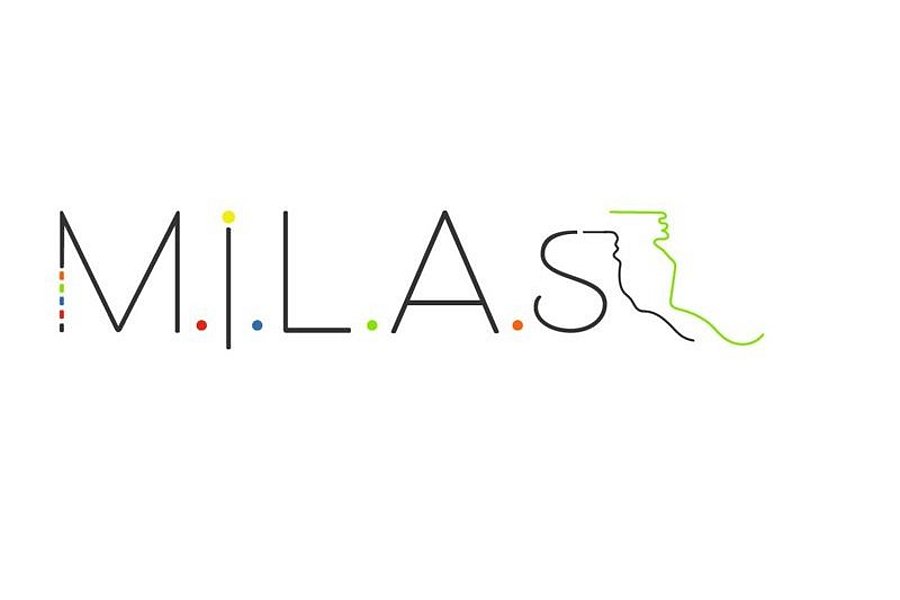Ongoing Research Projects
Project manager
Prof. Dr. rer. nat. Markus Clemens
Project member
Hendrik Hensel, M.Sc.
Project duration
Since 2022
Keywords
High-voltage direct current, gas-insulated line, charge accumulation, electro-quasistatic fields, field control techniques, field grading materials, conductivity, sulfur hexalfluoride, environmentally friendly insulating gas
Project description Project-related publications
Project manager
Prof. Dr. Markus Clemens
Prof. Dr. Benedikt Schmuelling
Project member
Dr. Norman Haussmann
Steven Stroka, M.Sc.
Consortium
University of Wuppertal
Technical University of Munich
Valeo Schalter und Sensoren GmbH
IBC SOLAR AG
Stadt Bad Staffelstein
Project duration
August 2021 - July 2024
Support
German Federal Ministry for Economics and Climate Action (BMWK)
Project description Project-related publications
Project member
Dr. Fotios Kasolis
Hendrik Hensel, M.Sc.
Project duration
Since 2010
Keywords
electro-quasi-static fields, electric power transmission, nonlinear electric field control, implicit time integration methods, numerical linear algebra, parallelized implementation, domain decomposition methods, GPGPU computing
Project description Project-related publications
Project leader
Prof. Dr. rer. nat. Markus Clemens (Chair of Electromagnetic Theory, University of Wuppertal, Germany)
Project member
Jennifer Dutiné, M.Sc.
Bernhard Kähne, M.Sc.
Cooperation partner
Prof. Dr. Sebastian Schöps (Graduiertenschule Computational Engineering, TU Darmstadt, Germany)
Keywords
applied mathmatics, electromagnetic theory, scientific computing, Numerics of electromagnetic fields, time integration, finite elements method
Acknowledgement
Deutschen Forschungsgemeinschaft (DFG) under grant number CL143/11-1 and CL143/11-2
Project description Project-related publications
Project manager
Prof. Dr. rer. nat. Markus Clemens
Project member
Dr. Fotios Kasolis
Project duration
01.04.2020 - 31.03.2023
Keywords
reduced-order method, circuit analysis, model order reduction, numerical linear algebra, electro-quasi-static fields, transient analysis, implicit time integration, start value estimation, kernel-based regression, entropy, recurrent states, snapshot sampling
Acknowledgment
Deutsche Forschungsgemeinschaft (DFG) under grant no. CL143/18-1.

